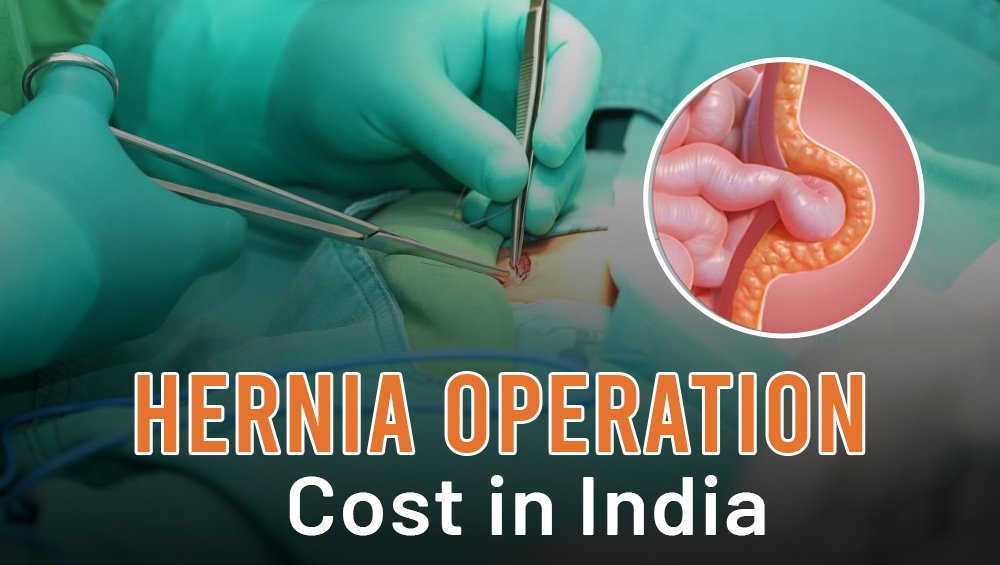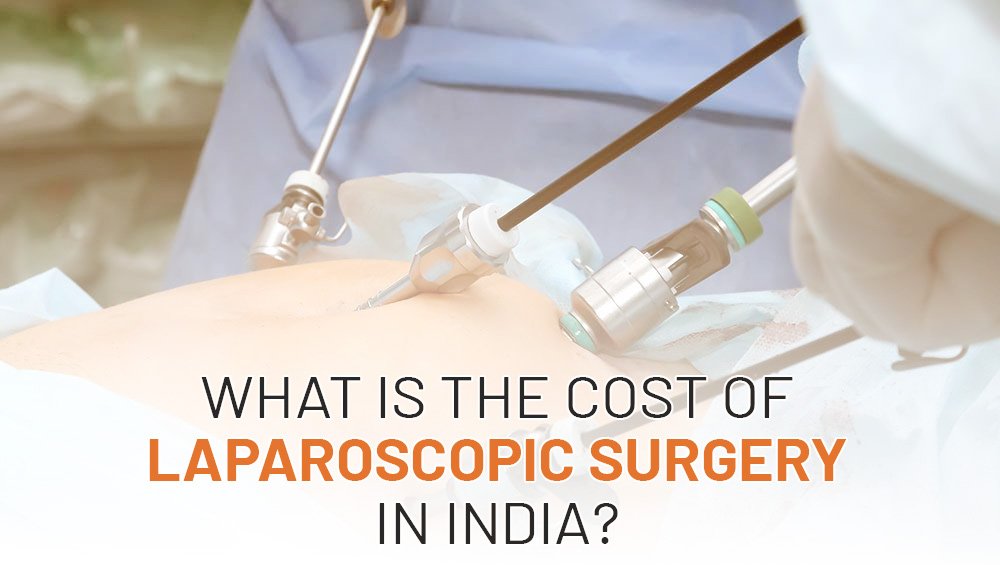When one hears the term cancer, one of the first concerns that arises is: how can doctors identify it? The method of diagnosing cancer may seem complicated, however, it is usually based on easy tests and step-by-step exams. When it's a physical test as well as blood tests or more sophisticated scans all play an important role in detecting the illness.
This blog will describe in plain terms how cancer is diagnosed, what tests are done, what doctors are looking for, and why early detection matters. You’ll also learn what symptoms should never be ignored, and why consulting an expert such as the best gastrosurgeon in Lucknow, can make a huge difference in getting the right diagnosis on time.
What Does “Cancer Diagnosis” Mean?
When we speak of the diagnosis of cancer, it just involves determining whether cancer exists or not. Doctors don't make quick conclusions, they go through several tests in a step-by-step manner to determine if there is any unusual growth of cells. These tests allow them to confirm the diagnosis and determine the best treatment plan if cancer is found.
A crucial thing to consider is the fact that it can start in any part of the body. In the beginning stages it can hide in plain sight, without displaying any obvious signs. That's why understanding the ways in which cancer is diagnosed and understanding the methods utilized by doctors is crucial. The earlier it is discovered the greater the chance of preventing complications
Common Ways to Check for Cancer
When asked, How do doctors check for cancer? The answer isn't one test. In accordance with your medical history and symptoms doctors can utilize a range of techniques. The most popular ones are explained in the following manner:
1. Physical Examination
This is usually the initial step. The doctor closely examines your body and checks for any unusual signs such as lumps, swelling or changes. For example, a lump in the breast, a bump in the neck or abdominal pain could be a sign of a problem early. This physical exam is often the first clue in understanding how cancer is diagnosed and whether further tests are needed.
2. Blood Tests
Certain cancers release substances known as tumor markers into the blood. Blood tests can measure the presence of these markers or look for changes that are abnormal within blood cells. For example, a test dubbed PSA is frequently utilized to identify prostate cancer. CA-125 may be associated with Ovarian cancer. The results of blood tests alone do not prove the presence of cancer. However, they do help doctors determine whether further tests are required.
3. Imaging Tests
The scans permit doctors to observe what's going on inside the body. X-rays are good for the chest and bones.
- CT scans: Give clear, detailed 3D pictures of organs.
- MRI scans: Great for detecting the changes that occur in soft tissue such as muscles or the brain.
- Ultrasound: Make use of sound waves to find cysts, lumps, or other forms of mass.
Imaging tests are typically the first step at which doctors can spot an unusual growth. They are central in how cancer is diagnosed, especially when symptoms are not visible.
4. Biopsy
If a doctor spots something that isn't normal during blood tests or scans the next step is usually the biopsy. This is the process of taking a small amount of tissue, and then studying it with a microscope. It is by taking a biopsy that can be described as the most precise method to determine if you have cancer, since it can tell what percentage of the tumors are cancerous or normal.
5. Endoscopy
If you are suffering from cancers of your digestive tract, doctors might recommend an endoscopy. It involves a small tube that has a camera that inspects your stomach, intestines or any other organs. If there is something that's not normal it is possible to collect a tiny tissue sample in the same manner. If you have any digestive issues seeking the most experienced gastrosurgeon in Lucknow ensures this test can be performed properly and safely.
Early Symptoms That May Indicate Cancer
Certain cancers don't display initial symptoms. However there are a few typical signs to watch for:
- Unexplained weight loss
- Persistent fatigue
- Changes in moles or skin
- A persistent pain in one location
- Difficulty in swallowing and digesting food
If you notice any of these symptoms, it does not necessarily mean cancer. However it's important to consult a doctor. Recognising cancer earlier could improve the treatment.
Why Early Detection Matters
Early detection is essential for successful treatment, If cancer is detected in its early stages:
- Treatment options are more efficient
- Chances of recovery are greater
- The risk of complications is reduced.
- The quality of life is improved
Regular screening as well as healthier lifestyle choices and monitoring changes to the body can all aid in early detection.
How Often Should You Get Tested?
The frequency of testing for cancer is contingent on age, family history, as well as risk factors.
Some general guidelines include:
- Check-ups every year for adults who are over 40 years old.
- Mammograms for women who are over 40
- Colonoscopy after 50
- Imaging and blood tests are conducted when there are signs or the family history is known.
Your physician can develop an individualized plan for cancer screening.
Lifestyle Tips to Reduce Cancer Risk
Prevention is as important as knowing how to detect cancer simple lifestyle changes like:
- Following a healthy diet comprising fruits and vegetables
- Regular exercise
- Limit alcohol and avoid smoking completely
- Weight management: How to maintain a healthy body weight
- Stress management and sleep
Conclusion
Knowing how to detect cancer and recognize cancer could change the course of your personal life. Early detection of cancer opens the way to greater treatment options and improves your chances of healing and can also help to reduce the likelihood of complications. While the process may appear difficult the majority of tests are simple and step-by-step with the help of your doctor.
If you are having warning signs or have experienced cancer take action immediately. Find a qualified physician who will help you guide the correct tests and treatments. If you have any digestion concerns consult Dr. Ajay Yadav with more than 22 years of experience who is considered the best gastrosurgeon in Lucknow. His experience guarantees an accurate diagnosis, safe procedures and effective treatment plans that are designed to meet your needs, including Gall Bladder & Biliary Tract Surgery and Hernia Surgery. Be aware that early intervention can save lives.








